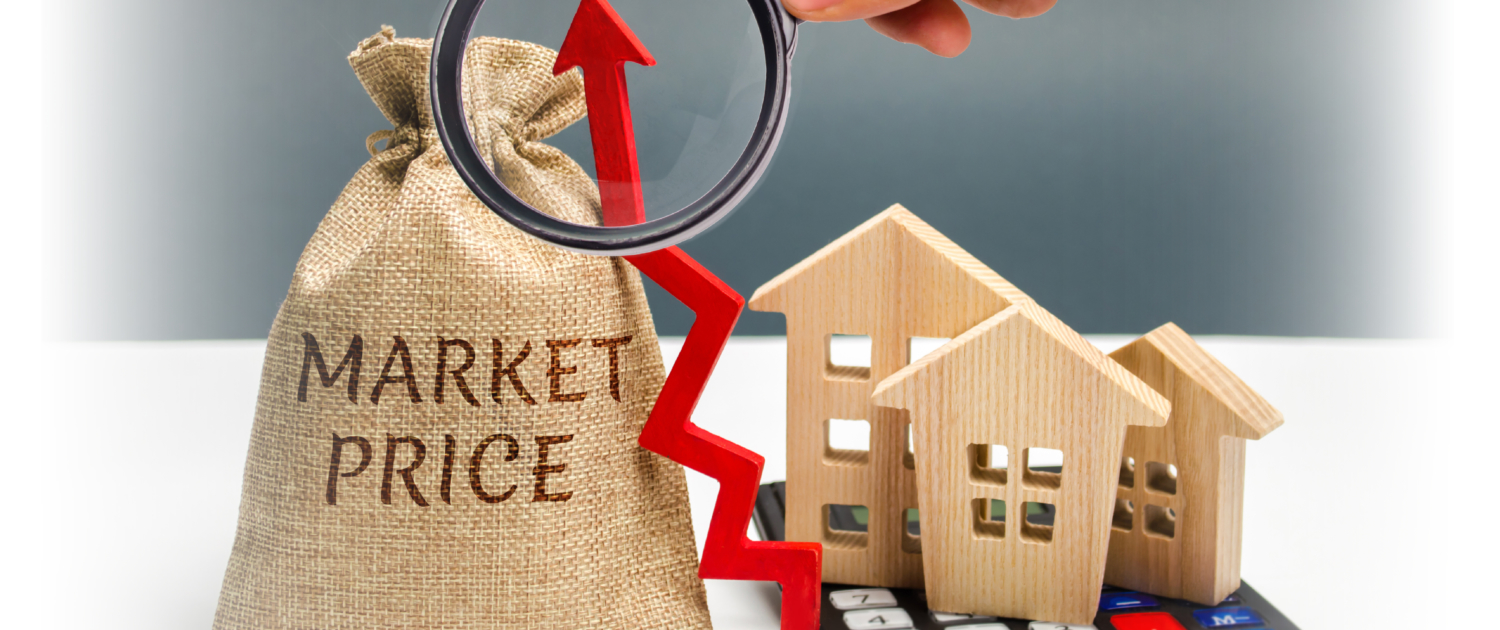To Buy or Not To Buy (A New Home)
The Real Estate Market
The real estate market has been slowly but surely increasing in average home value since May of 2013. The increase was normal for the most part, but substantial over the last 8 years combined. Add on the supply & demand challenge of the last 3 years, the challenge of available brand newly built homes that buyers want, and the challenge of human capital & material costs for builders recently due to COVID-19, then you end up with the ultimate recipe for a seller’s market and high market value for residential homes.
Now if you’re on the seller’s side of this market, you’re benefitting . . . but is the benefit real?
You see, if you’re selling your primary home only to go and buy a new primary home . . . you’re selling in a high market and buying in a high market. It’s relative, 90% of seller’s who are buying stand to have no benefit in the form of pure profit relative to the market. Now if you’re selling your investment property, or selling and then going into a situation where you’re not buying, then you stand to make some bank. A smaller percentage of sellers are in that situation where they truly stand to make profit of the sale of their home when all is said and done.
If you’re on the buyer’s side of this market, you’re hurting . . . but are you really?
You see, if you’re buying a home in a high market . . . with historical record low interest rates . . . your payment for a $400,000 mortgage is the same as your payment for a $300,000 mortgage compared to 5% interest rates in 2010 just 10 years ago. Both payments would be between $1600 and $1700 for a 30 year mortgage based of average rates of 2.875% for 400k today and 5% for 300k in 2010 respectively.
Point being, you’re really not losing anything:
Well reader, I hear you thinking to yourself “Yeah, but the market is going to tank at some point, and then I lose 100k if the value tanks by that much and I sell my home.” Reasonable concern . . . however, if you sell your home in a low market . . . you buy your new home in a low market, again its relative. The low profit or loss would transfer to an inexpensive sale or purchase in the future. So you’re not really losing anything at all. There is also the situation where you stay in that home over the next market swing where values went down and then back up over the course of a 5 to 10 year cycle in which case you experienced no changes. I would debate that the lower interest rates and higher prices of today put you in a better position and payment compared to higher rates and lower prices in the future.
There is one more thing to consider for buyers:
We can easily end up in a position where mortgage interest rates normalize and increase, while residential real estate prices continue to hold. They may continue to hold simply because of supply & demand as well as builder human capital & material costs being higher due to the rate of inflation and possible devaluation of the dollar throughout the entire pandemic which I’ve coined as The Corona Market and the impact that COVID-19 has had, and will continue to have on our marketplace.
For those buyers that are tapped out saying “Uncle” to the current market:
You’ll be interested in my next article. In the next article I’ll be writing about renovating your home instead of buying, and which renovations add true value to the bottom line sale of your home in the future.
Terry Kashat – Founder of Connect Mortgage Funding, Inc.


Leave a Reply
Want to join the discussion?Feel free to contribute!